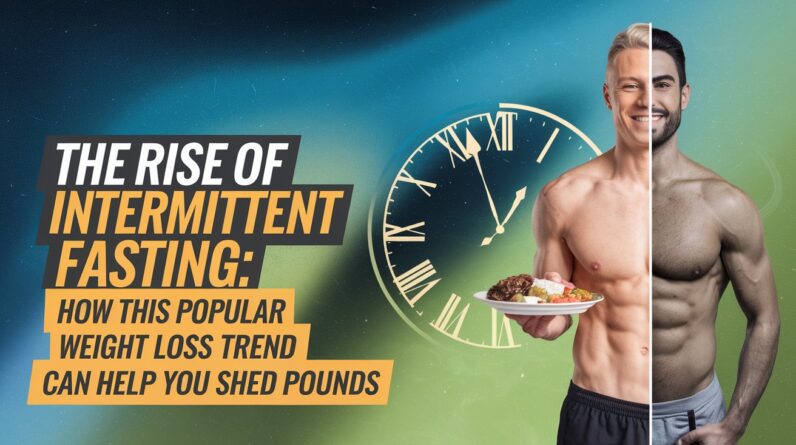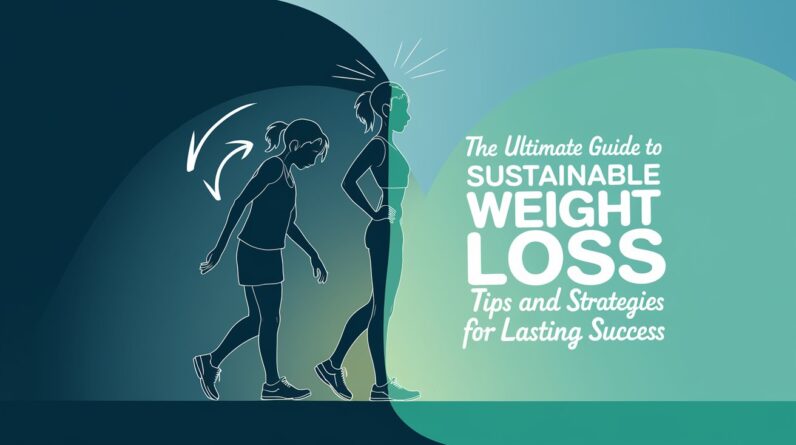
In the journey toward better health and weight loss, finding sustainable diet strategies is key. Fad diets may promise quick results, but lasting weight loss comes from adopting healthy, long-term habits. Here are 10 simple, science-backed diet tips to help you lose weight healthily and maintain it for the long term.
1. Focus on Whole Foods
Whole foods—such as fruits, vegetables, lean proteins, and whole grains—are nutrient-dense and help you feel full longer. Whole foods are generally lower in calories and high in fiber, vitamins, and minerals, which support weight loss and overall health.
Try This: Replace processed snacks with fresh fruit, veggies, or nuts to boost nutrients and reduce empty calories.
2. Drink More Water
Drinking water before meals can reduce appetite and help control portion sizes. Studies suggest that drinking water can increase your metabolism by 24–30% over a 1–1.5-hour period, helping you burn more calories naturally.
Tip: Aim for at least 8 glasses of water daily, and consider drinking a glass before meals to help manage hunger.
3. Avoid Sugary Drinks
Sugary beverages, including soda and some fruit juices, are packed with added sugars that can lead to weight gain. Cutting out sugary drinks is one of the most effective ways to reduce calorie intake without feeling deprived.
Smart Swap: Replace sugary drinks with sparkling water or unsweetened tea for a refreshing, low-calorie option.
4. Practice Mindful Eating
Mindful eating involves paying full attention to the eating experience. Slowing down and savoring your meals helps prevent overeating and enhances satisfaction. This approach allows you to tune into your hunger and fullness cues, helping you eat more intuitively.
How-To: Turn off screens during meals and take time to enjoy each bite.
5. Include Protein in Every Meal
Protein is essential for weight loss as it increases feelings of fullness, reduces cravings, and helps build lean muscle, which boosts metabolism. Include a source of protein in every meal, such as chicken, fish, beans, or Greek yogurt.
Quick Ideas: Add a handful of nuts to your breakfast, have a protein-rich lunch with beans, or add eggs to salads.
6. Embrace Healthy Fats
Contrary to common belief, healthy fats can aid weight loss. Foods high in unsaturated fats, like avocados, nuts, and olive oil, keep you feeling full longer and reduce the urge to snack on unhealthy options.
Try This: Use olive oil for cooking, add avocado to sandwiches, and include nuts in your snacks for healthy fat sources.
7. Control Portion Sizes
Portion control is a critical part of maintaining a healthy weight. Start with smaller portions and avoid second servings until you’re sure you’re still hungry. Consider using smaller plates, which can help reduce overall intake.
Tip: Measure portions of high-calorie foods like pasta, rice, and nuts to avoid accidental overeating.
8. Plan and Prep Meals
Meal planning and prepping can prevent impulsive eating and ensure you have nutritious options ready. Preparing meals in advance reduces the temptation to order takeout or eat unhealthy convenience foods.
Pro Tip: Set aside time each week to plan your meals, cook in batches, and pack healthy options for easy access throughout the week.
9. Get Plenty of Fiber
Fiber is essential for digestion and helps you stay full longer. High-fiber foods like whole grains, fruits, and vegetables help control appetite and can reduce total calorie intake.
Best Sources: Choose whole grains like oats and quinoa, and include fiber-rich fruits like apples and pears in your diet.
10. Enjoy Treats in Moderation
Deprivation diets rarely work long-term. Instead, enjoy your favorite treats in moderation, as restricting them completely often leads to cravings and overeating. Building a balanced diet that includes the occasional treat can help you stick with your healthy habits over time.
Balance Matters: Savor small portions of treats occasionally to satisfy cravings without derailing your diet.
Conclusion
Adopting these simple, sustainable diet tips can help you achieve weight loss goals while improving your overall health. Consistency is key, so start with one or two tips, and gradually incorporate more as they become part of your routine. With patience and commitment, you can build a healthier relationship with food and enjoy lasting results.






